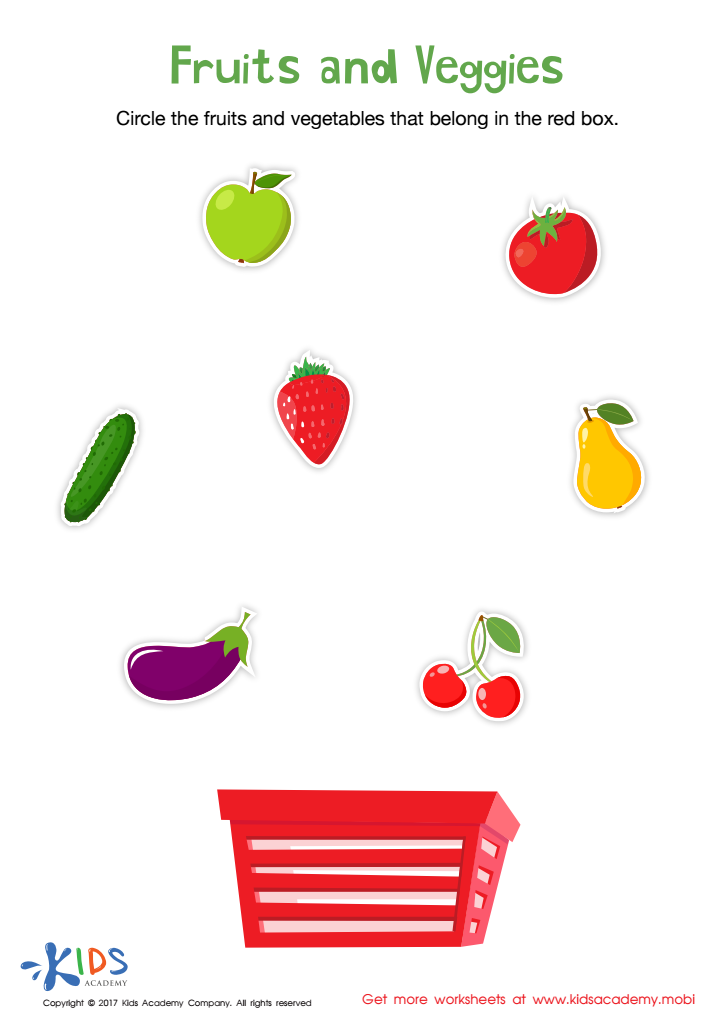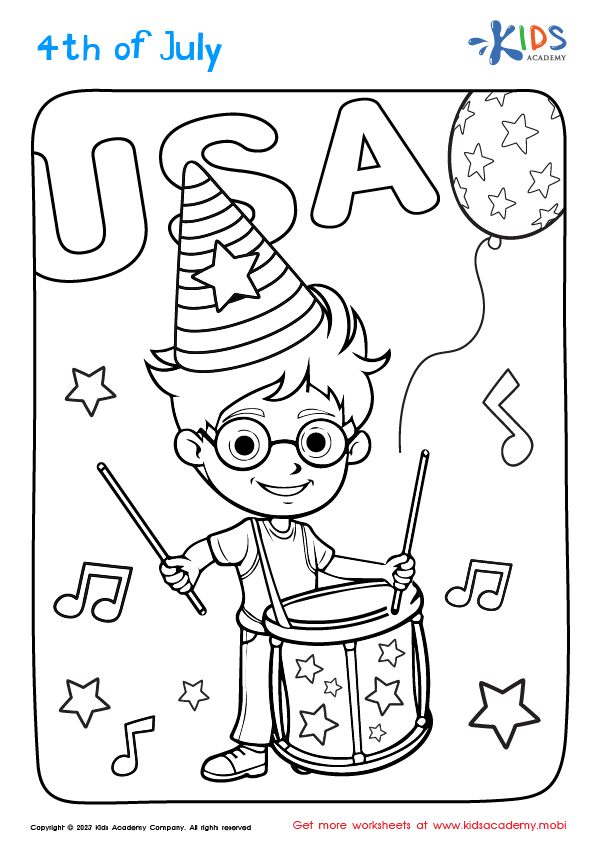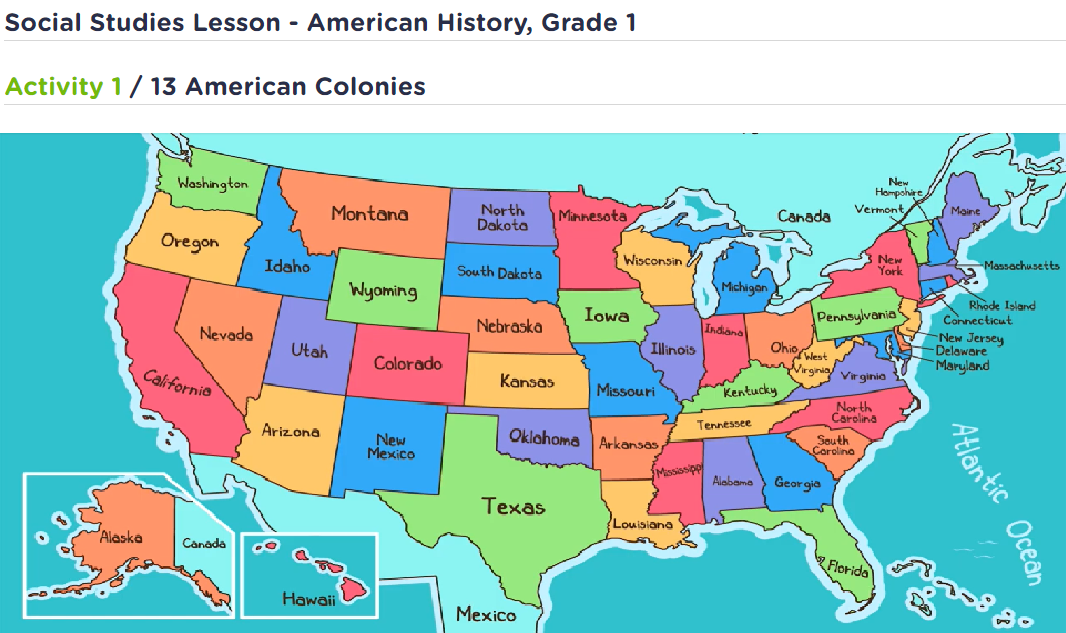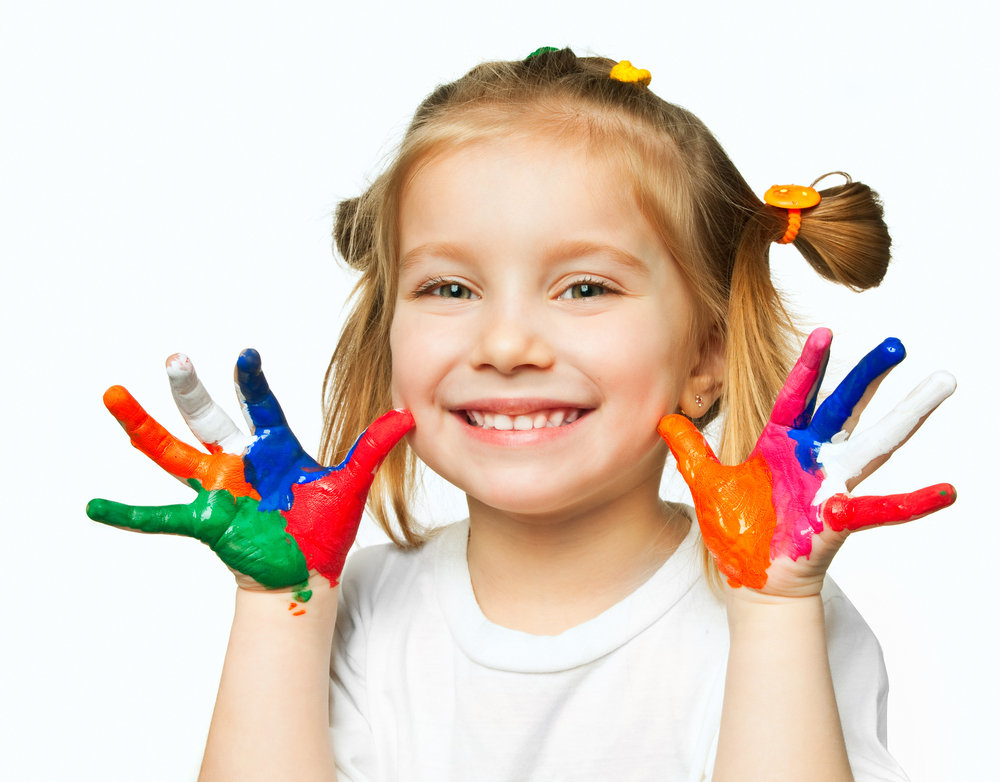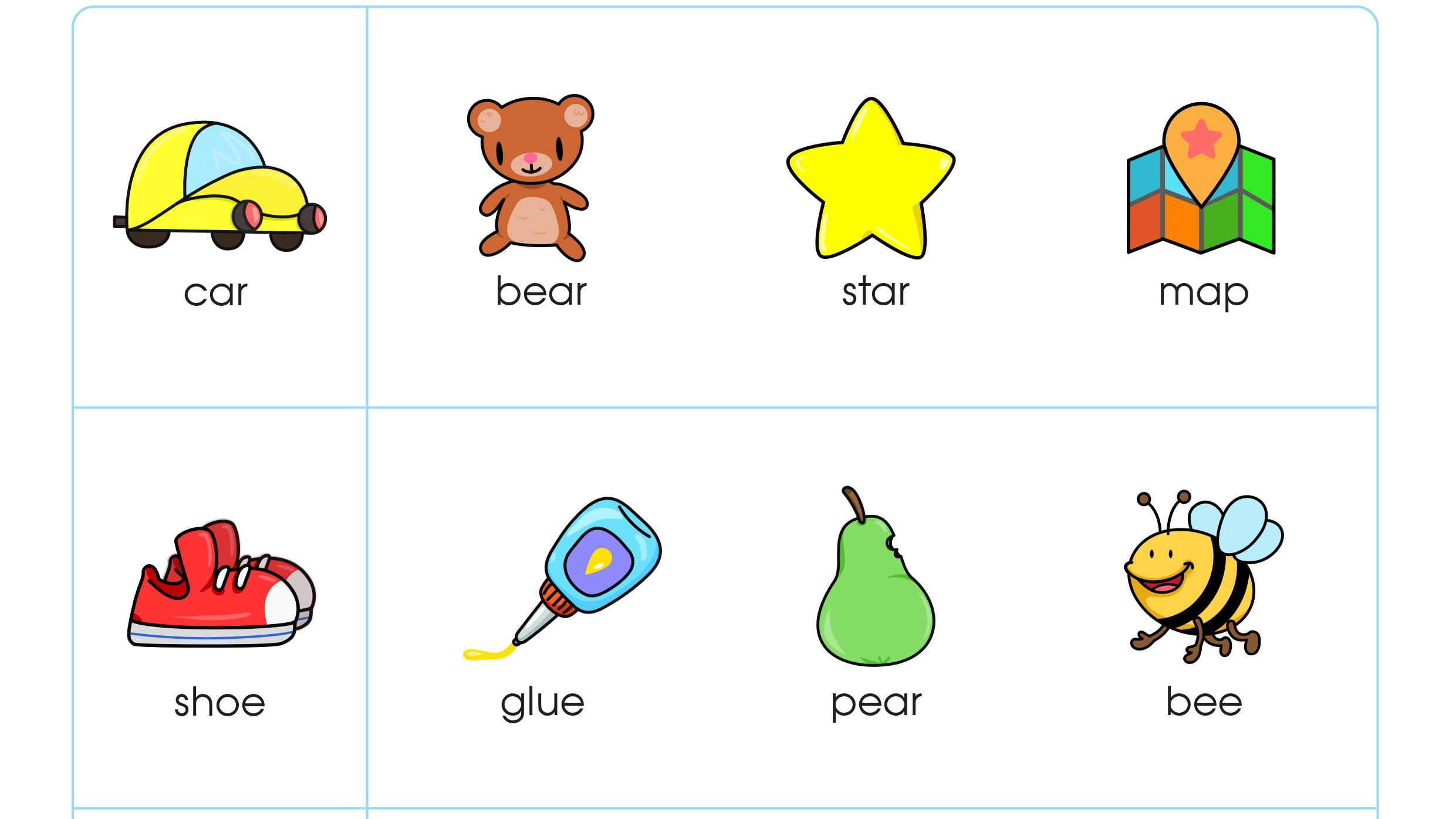Vocabulary Building Worksheets for 3-Year-Olds
24 filtered results
-
From - To
Welcome to our "Vocabulary Building Worksheets for 3-Year-Olds" page! These engaging and interactive worksheets are designed to enhance your child's vocabulary through fun activities tailored for early learners. With colorful illustrations and simple prompts, these worksheets encourage young children to explore new words and concepts in a playful manner. Parents and educators can utilize these resources to support language development, improve communication skills, and foster a love for learning. Explore our thoughtfully crafted activities that promote word recognition, categorization, and expressive language. Embark on this exciting vocabulary journey and watch your child's confidence bloom!
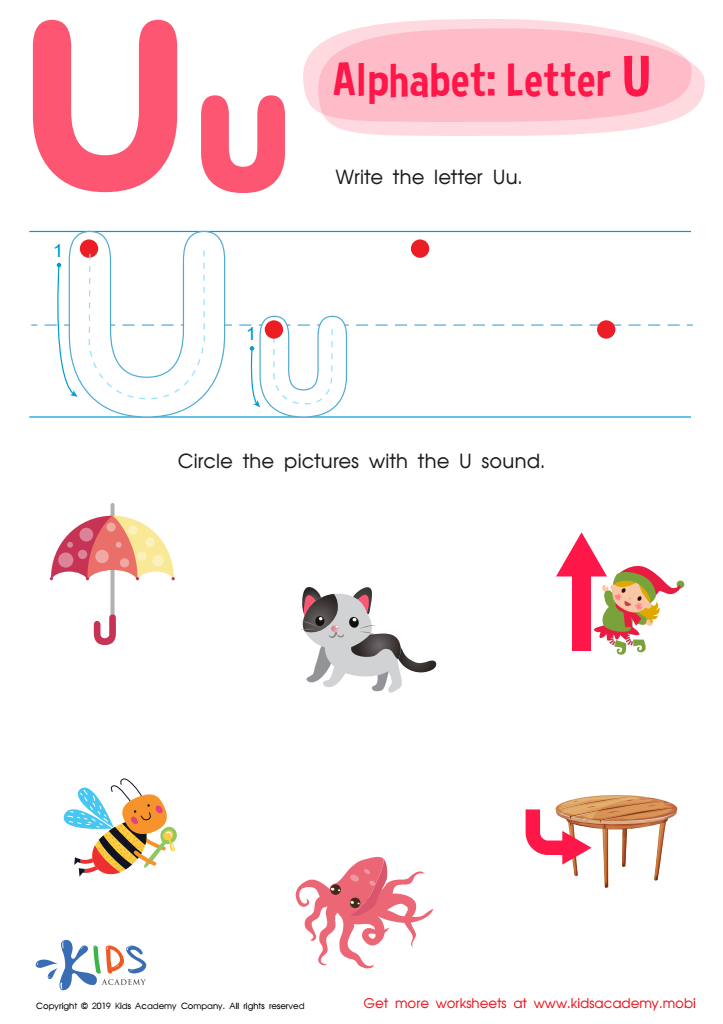

Letter U Tracing Worksheet
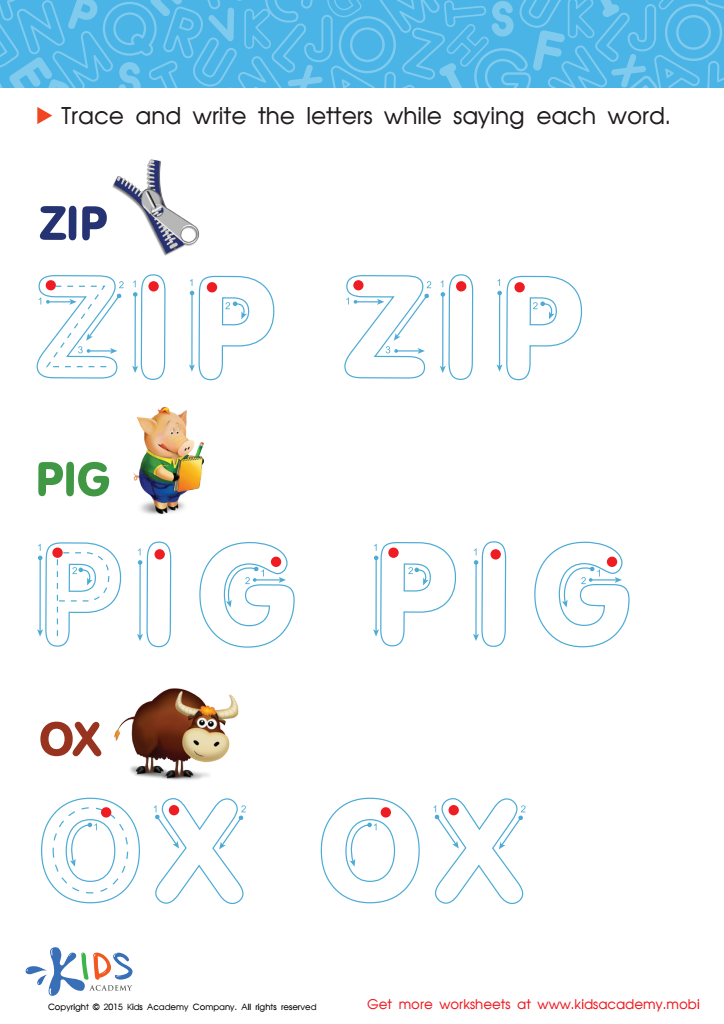

A Zip, a Pig and an Ox Spelling Worksheet
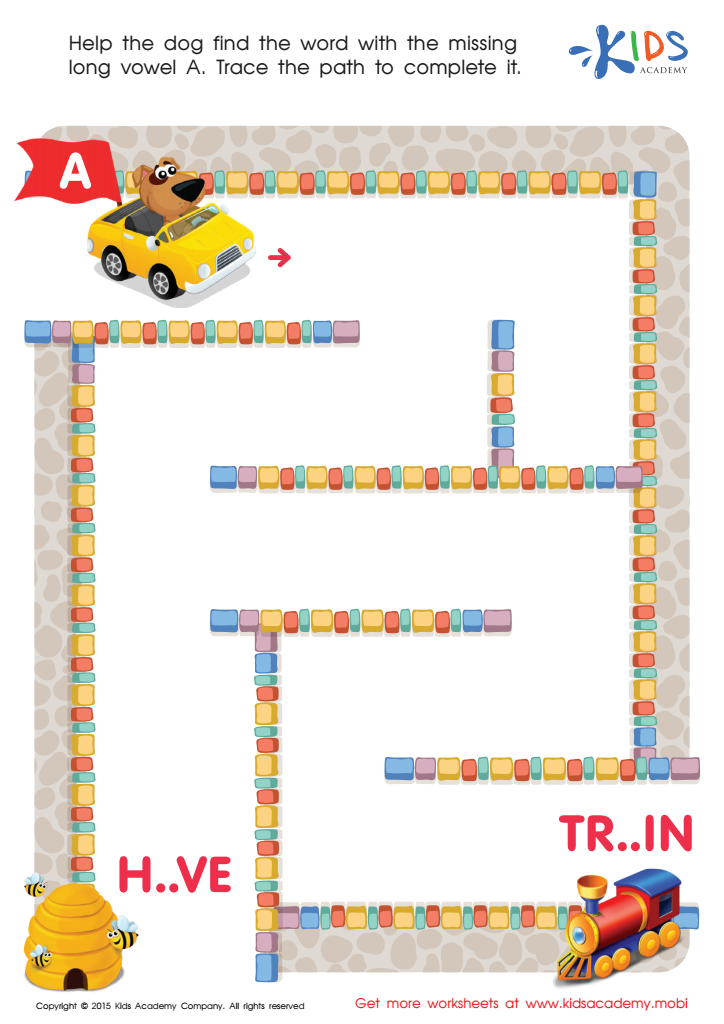

Long Vowel Sound A Worksheet
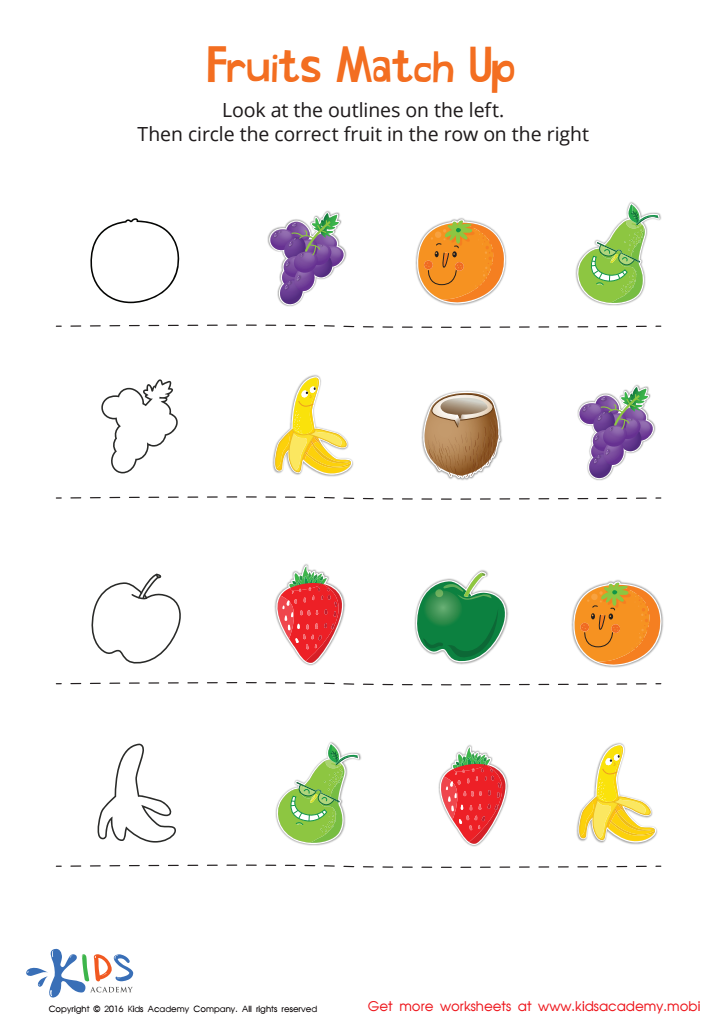

Fruits Match Up Worksheet
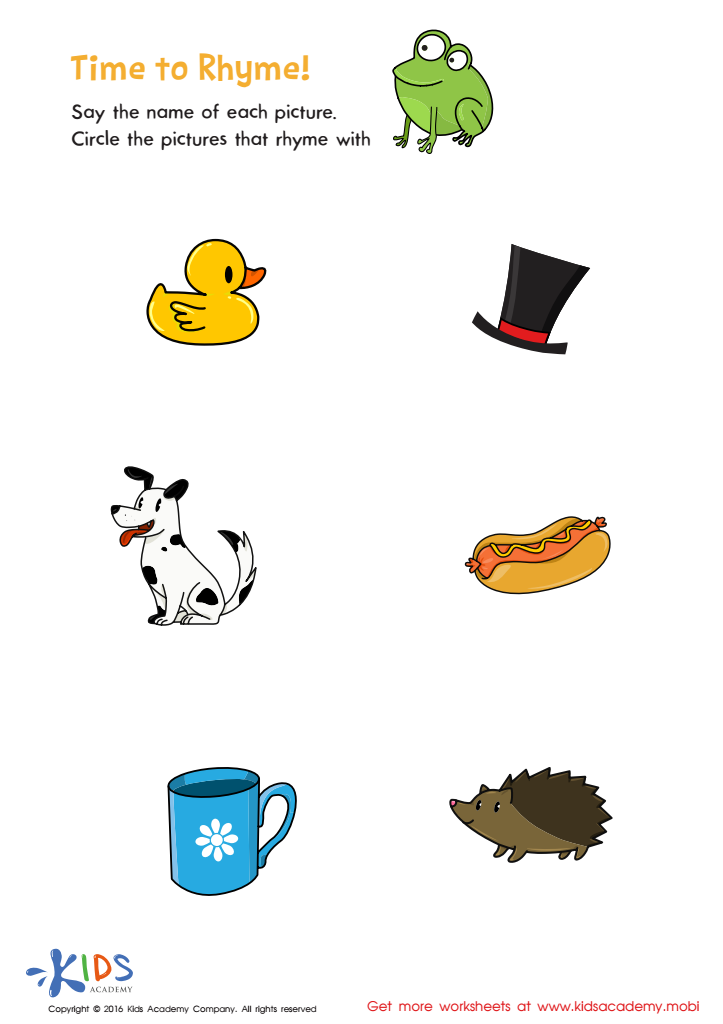

Rhyming Worksheet: Time to Rhyme Rhyming Worksheet


Matching: Classifying Toys by Size Worksheet
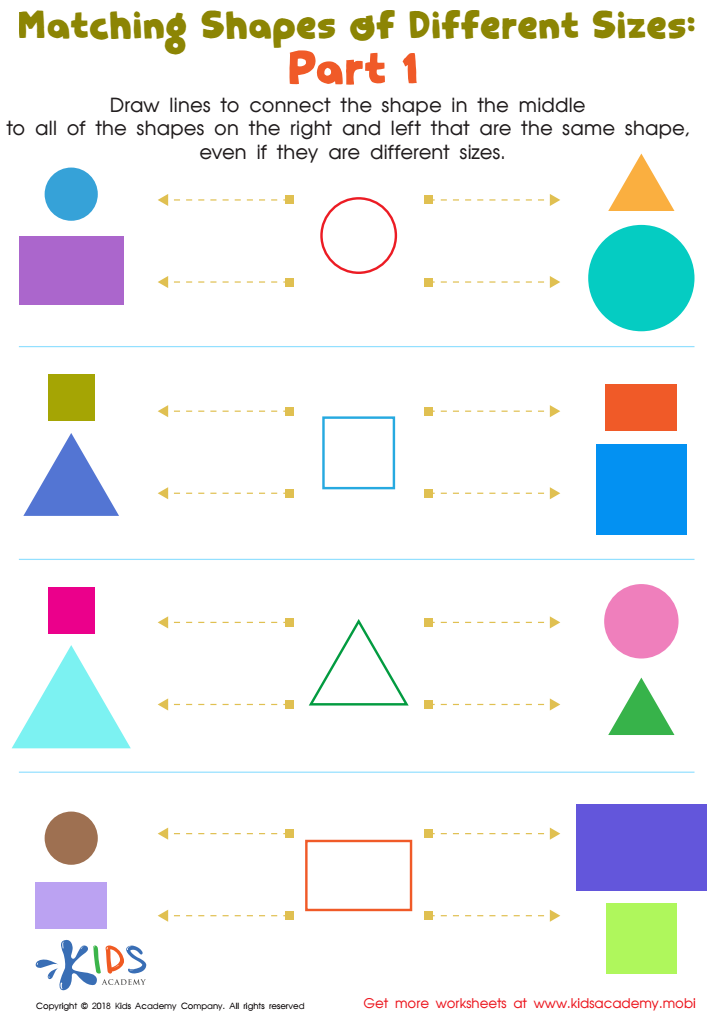

Geometry: part 1 Worksheet
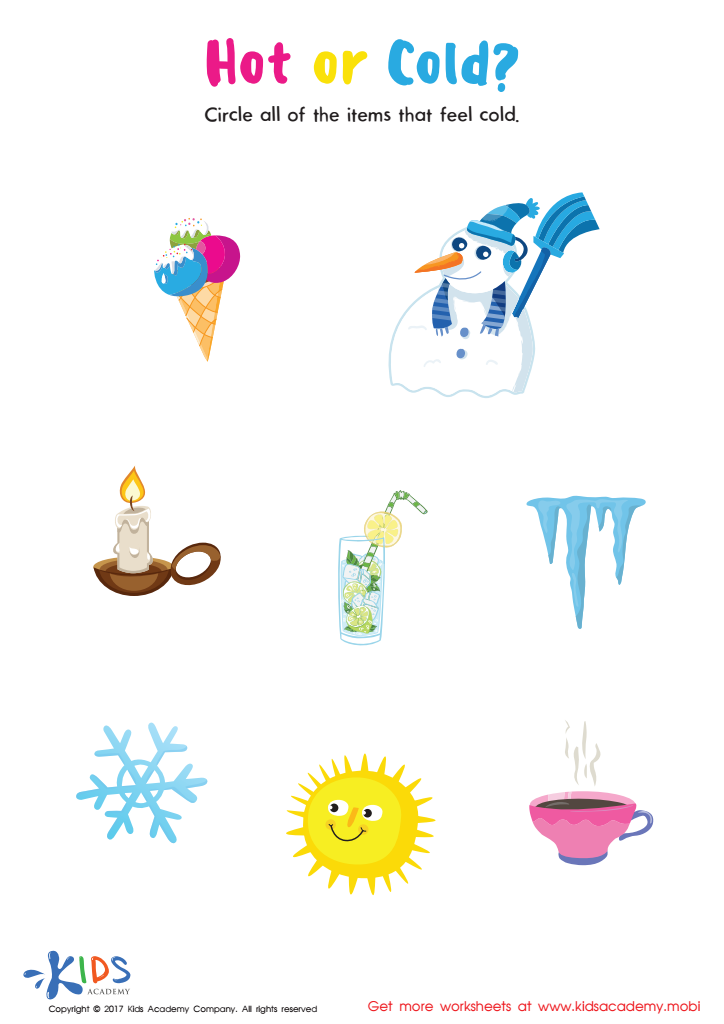

Hot or Cold Printable


Fairy Tale Worksheet: Count and Classify with Rapunzel
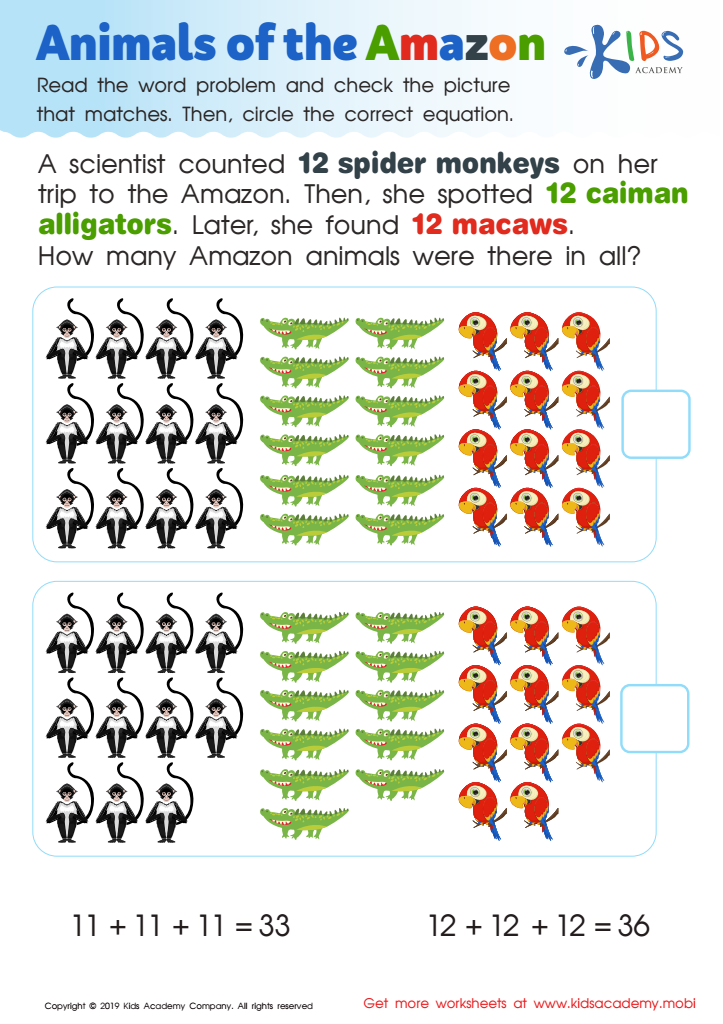

Animals of Amazon Worksheet
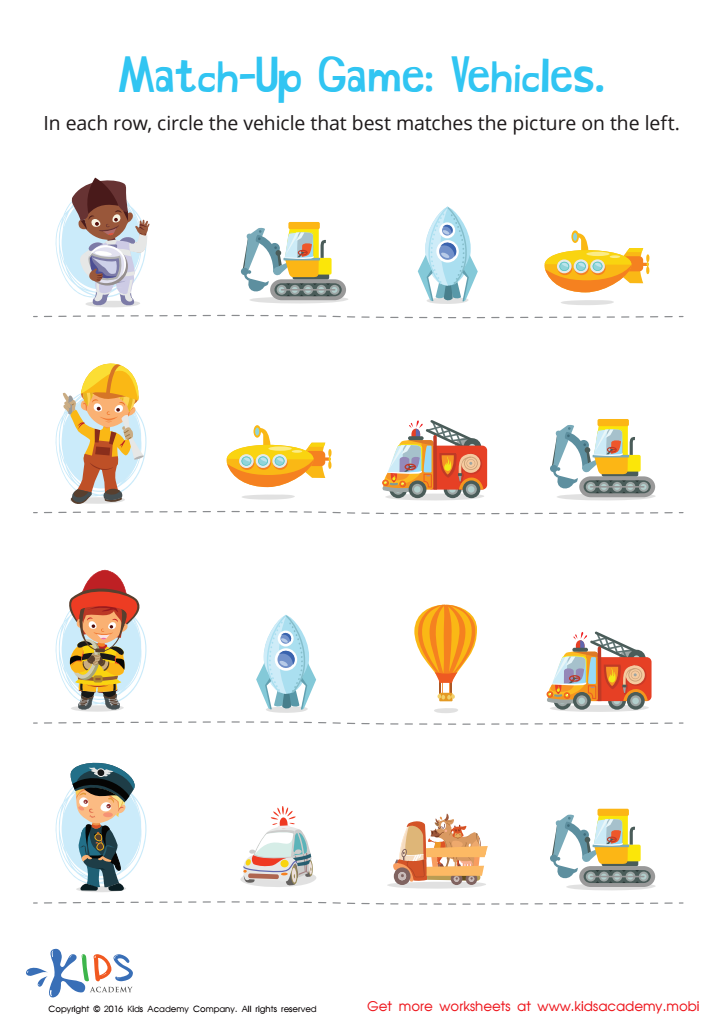

Vehicles Worksheet
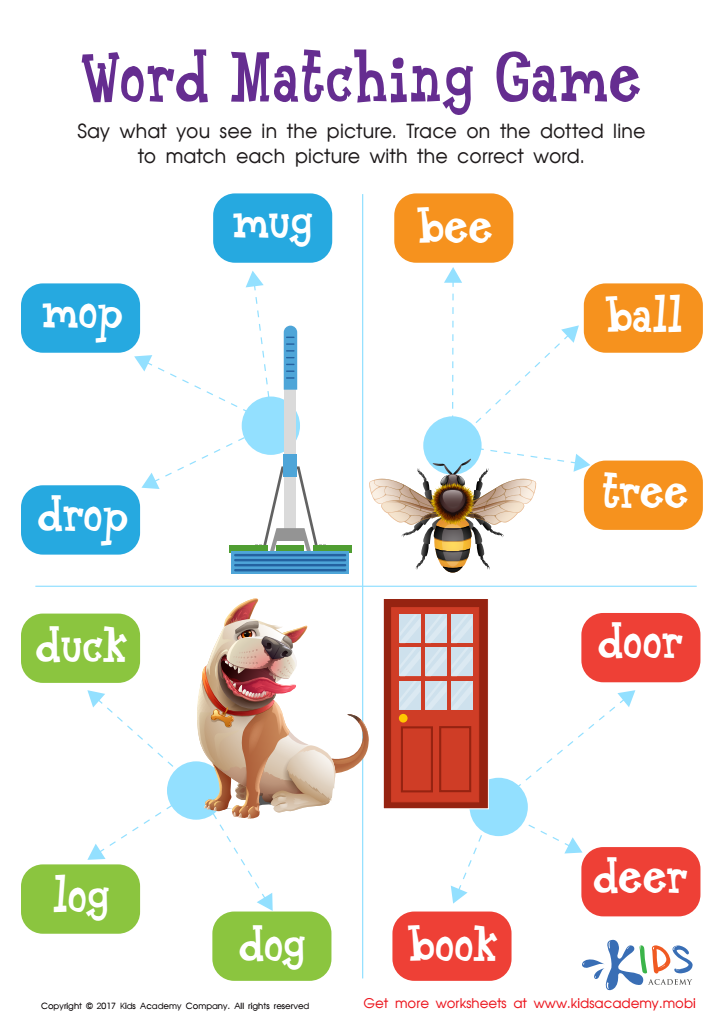

Word Matching Game Worksheet
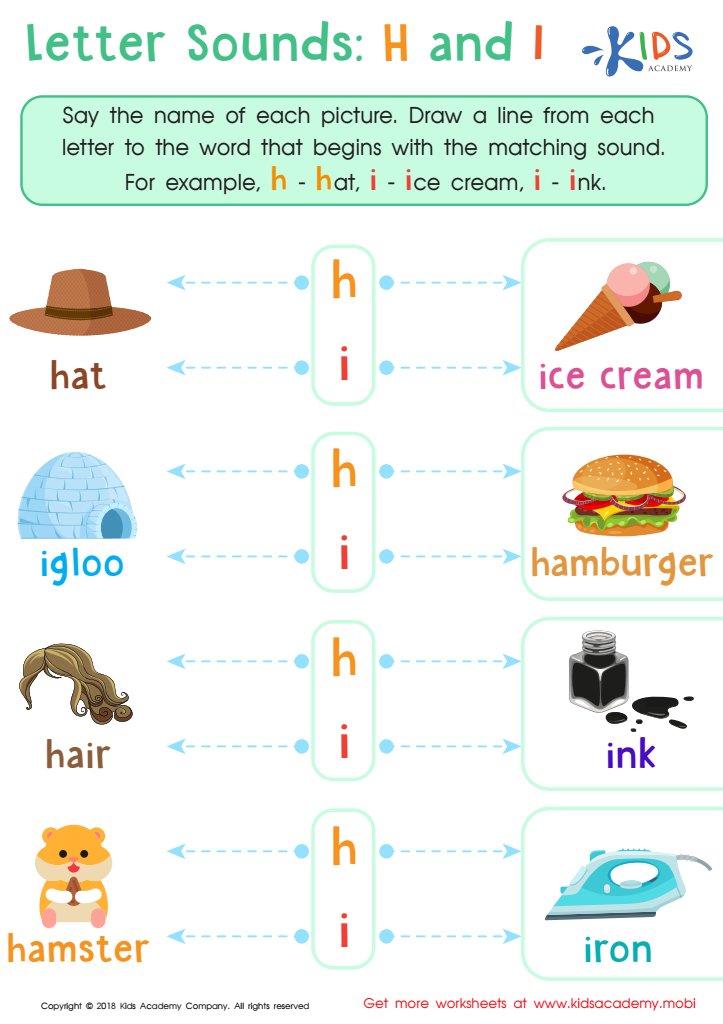

Letter H and I Sounds Worksheet
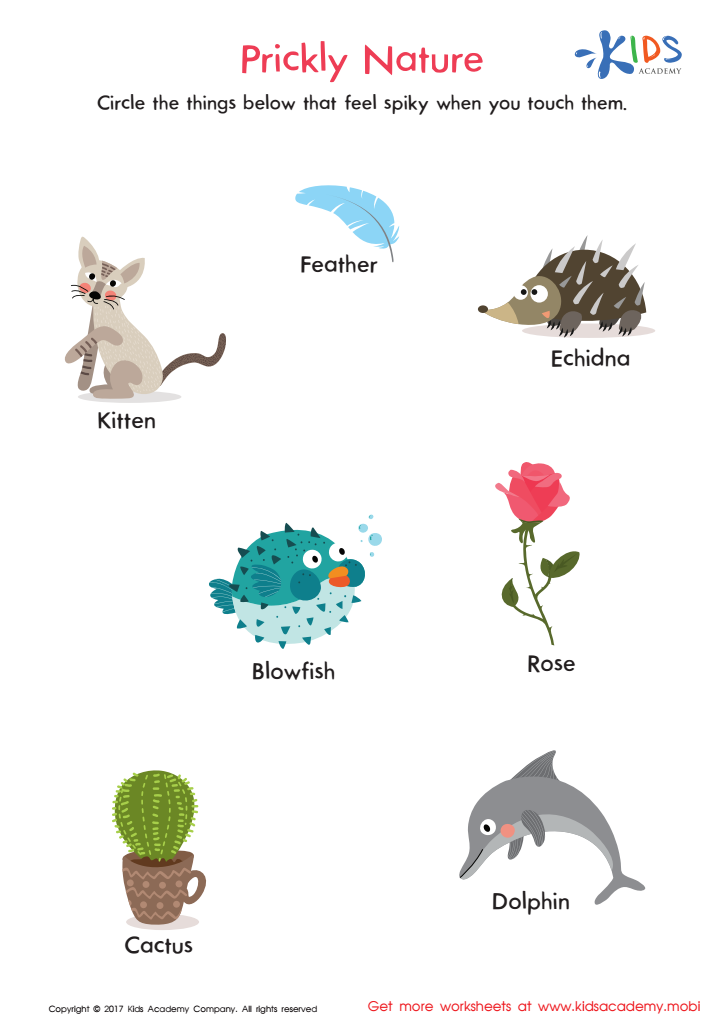

Prickly Nature Worksheet
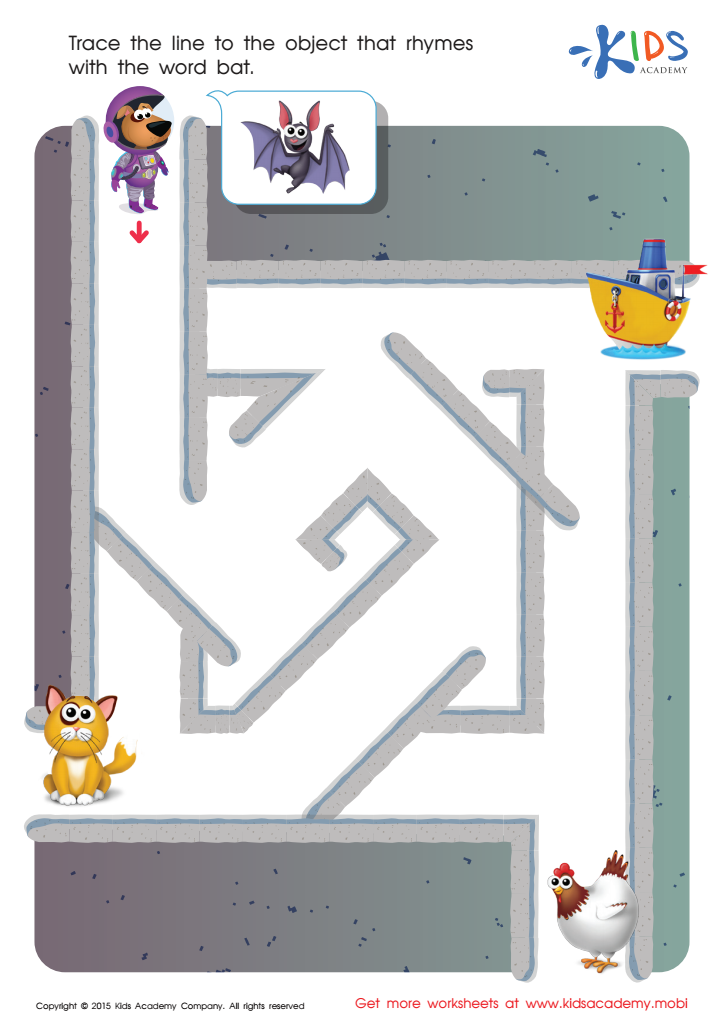

Bat Rhyming Words Worksheet
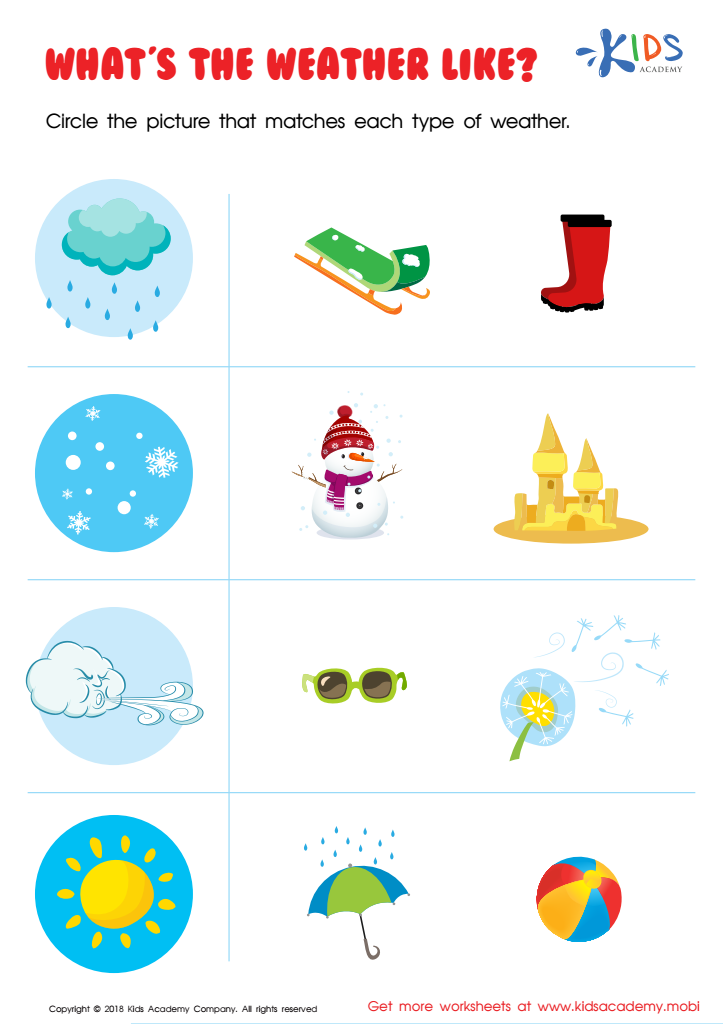

What's the Weather Like? Worksheet
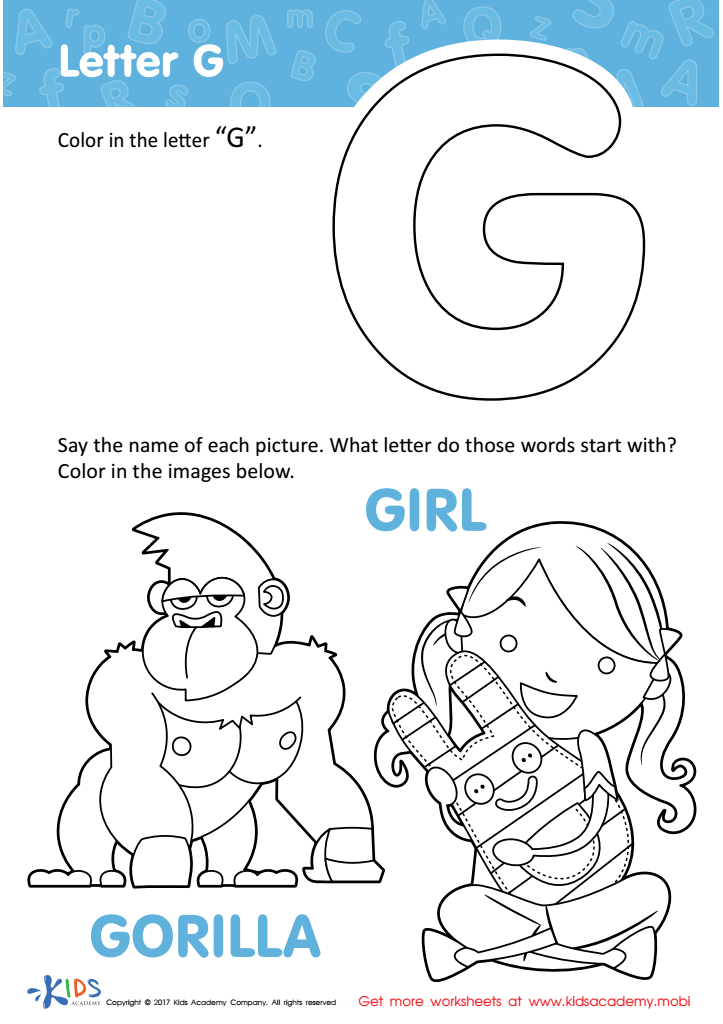

Letter G Coloring Sheet
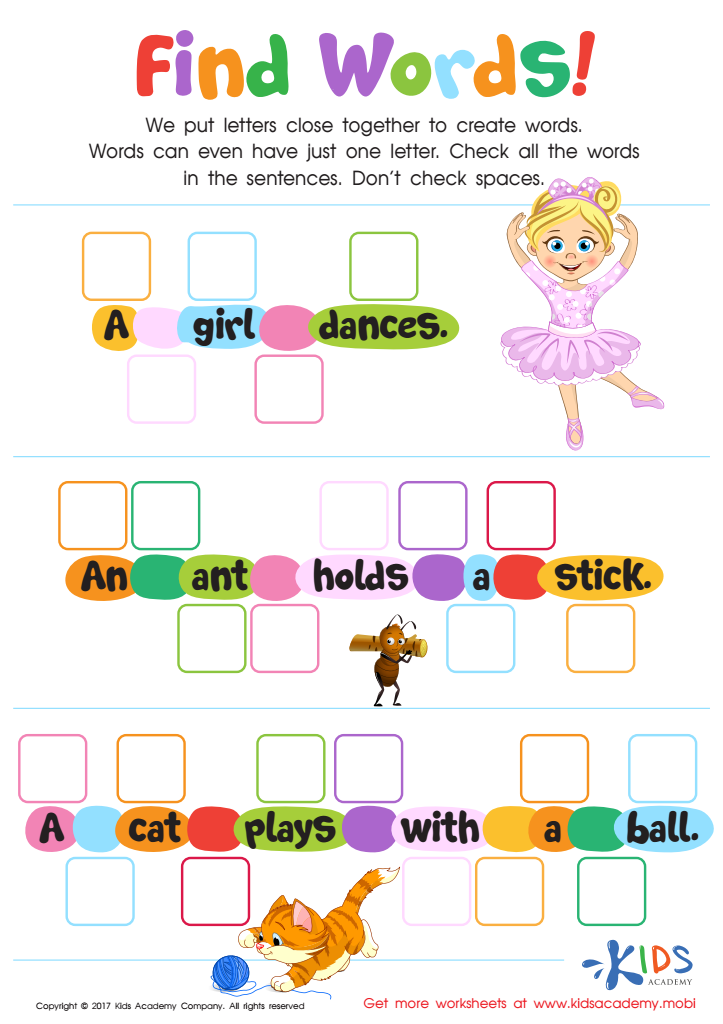

Find Words Worksheet
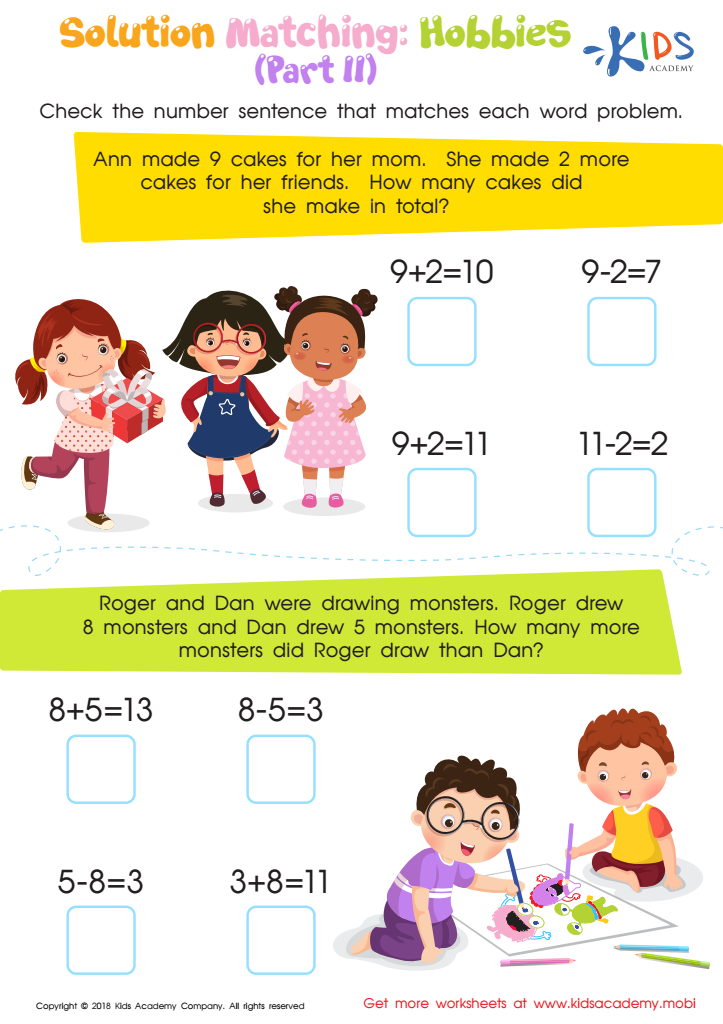

Solution Matching: Hobbies. Part 2 Worksheet
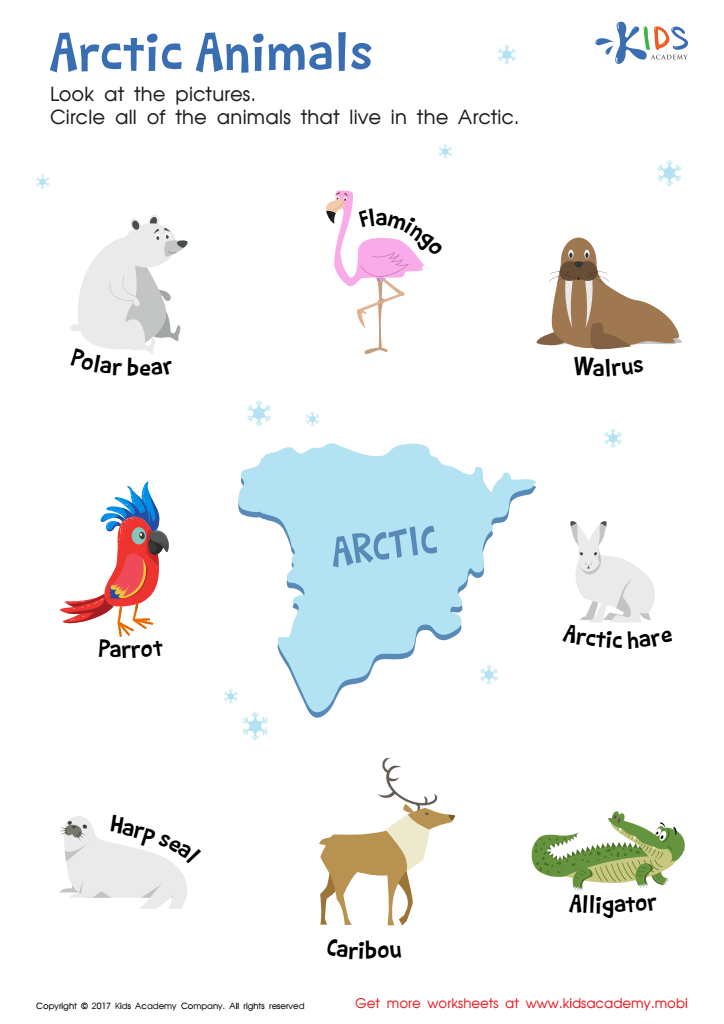

Arctic Animals Worksheet
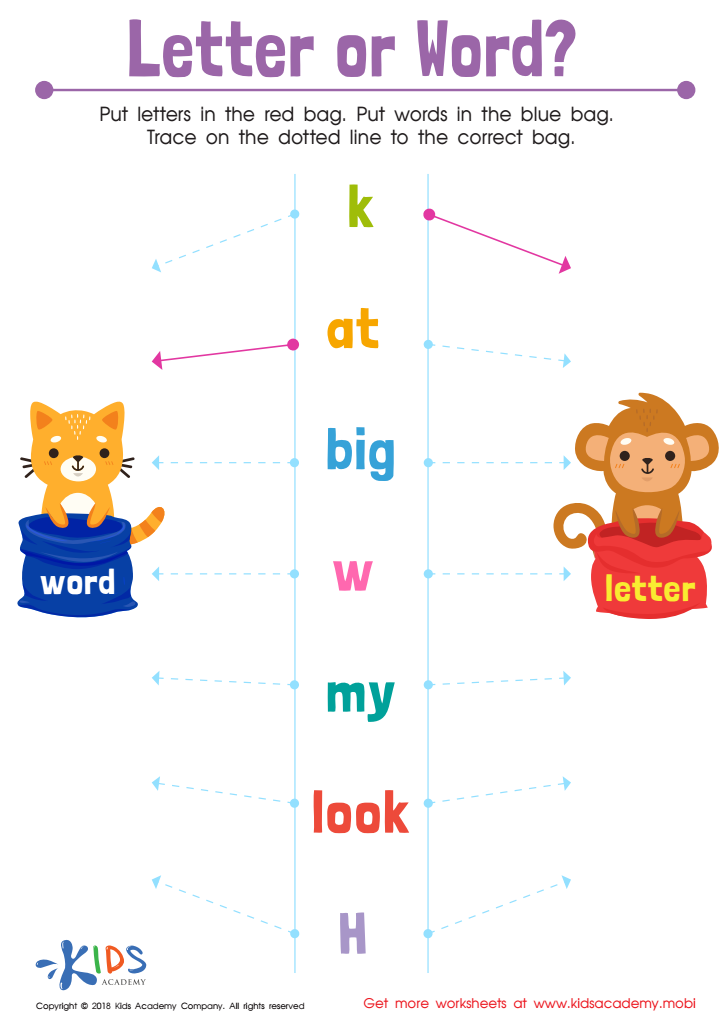

Letter or Word? Worksheet
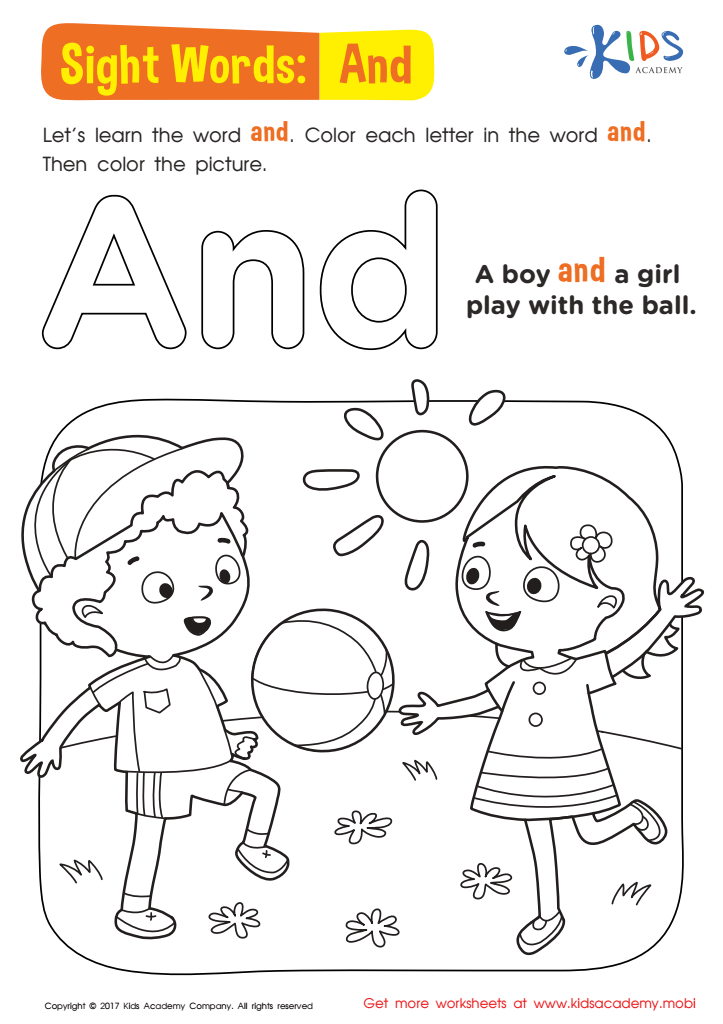

And Worksheet Sight Words Worksheet
Vocabulary building for 3-year-olds is crucial for several reasons, making it a vital focus for both parents and teachers. At this age, children are developing foundational language skills that influence their overall communication abilities. A rich vocabulary enhances their ability to express thoughts, feelings, and needs effectively. It also aids in their understanding of the world around them, helping them make sense of their experiences.
Early vocabulary exposure is directly linked to later academic success. Research shows that children with a broader vocabulary at preschool age tend to perform better in reading and writing as they advance to later educational stages. By prioritizing vocabulary development, parents and teachers can ensure children have the tools necessary for effective learning and comprehension.
Additionally, interaction through conversations, storytelling, and engaging activities fosters not only vocabulary growth but also social skills. This interaction builds confidence in communication, which is essential for forming peer relationships and participating in group discussions.
Incorporating vocabulary activities in routines—such as naming objects, rhymes, and games—creates a nurturing learning environment. Emphasizing vocabulary building at this early stage can significantly contribute to a child's cognitive and communicative development. Ultimately, invested adults can shape children's future learning and interpersonal success.

 Assign to My Students
Assign to My Students



